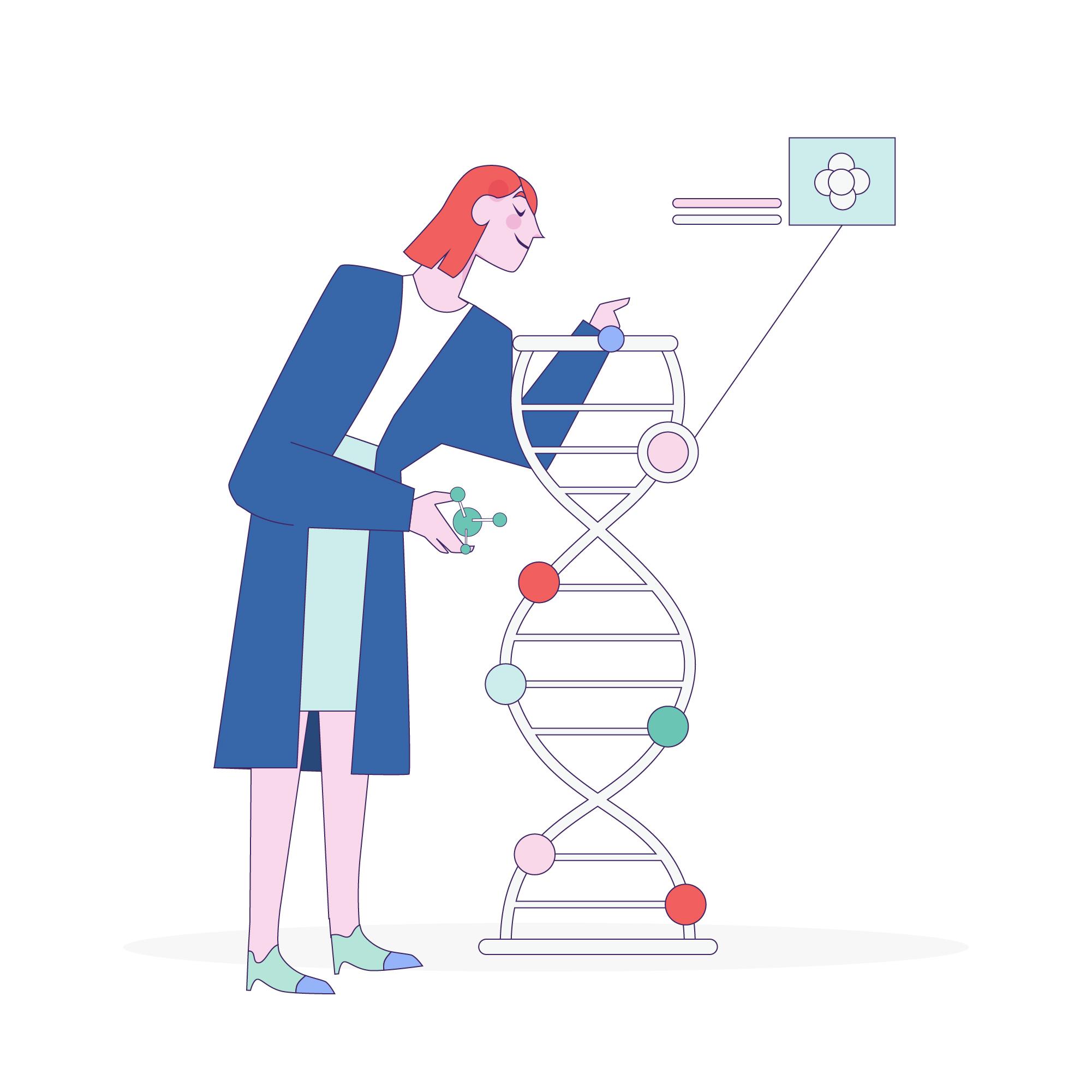
The Role of Hormones in Support Systems for Osteoporosis: Understanding Imbalances
When it comes to our health, hormones often operate behind the scenes, quietly orchestrating various bodily functions. One such function they influence is the strength and density of our bones. Understanding how hormones interact with osteoporosis, a condition characterized by brittle and fragile bones, is crucial for effective management and support. In this blog, we’ll delve into the role hormones play in support systems for osteoporosis, shedding light on imbalances and the importance of finding community and resources.
Firstly, let’s grasp the basics. Osteoporosis occurs when the creation of new bone doesn’t keep up with the removal of old bone. As a result, bones become weak and prone to fractures. Hormones, those chemical messengers produced by various glands in our bodies, are central to bone health. They regulate bone growth, maintenance, and remodeling.
One key hormone in this process is estrogen. In women, estrogen plays a crucial role in maintaining bone density. However, during menopause, estrogen levels drop significantly, leading to accelerated bone loss. This hormonal imbalance often sets the stage for osteoporosis, making women more susceptible to fractures as they age.
Similarly, testosterone, predominantly found in men but also present in women, contributes to bone health. It stimulates bone formation and helps maintain bone density. Consequently, low testosterone levels can also increase the risk of osteoporosis, especially in men as they grow older.
Moreover, thyroid hormones, such as thyroxine, influence bone turnover rates. An excess or deficiency of these hormones can disrupt the delicate balance between bone formation and resorption, contributing to bone loss and osteoporosis.
Now, understanding the role of hormones in osteoporosis is just the beginning. Support systems and resources are vital for managing this condition effectively. Finding a community of individuals experiencing similar challenges can offer invaluable emotional support and practical advice. Whether through local support groups or online forums, connecting with others navigating osteoporosis can provide a sense of belonging and understanding.
Furthermore, accessing reliable resources is crucial for staying informed and empowered. From educational materials to healthcare professionals specializing in osteoporosis, arming oneself with knowledge and guidance can make a significant difference in managing the condition.
In conclusion, hormones play a pivotal role in support systems for osteoporosis. Understanding how imbalances in estrogen, testosterone, thyroid hormones, and others affect bone health is essential for effective management. By connecting with supportive communities and utilizing available resources, individuals can better navigate the challenges of osteoporosis and work towards maintaining bone strength and overall well-being.
Remember, you’re not alone in this journey.
To seek medical advice, always consult a Doctor. Here are our recommended experts. Click Here
To read more on Osteoporosis. Click Here


